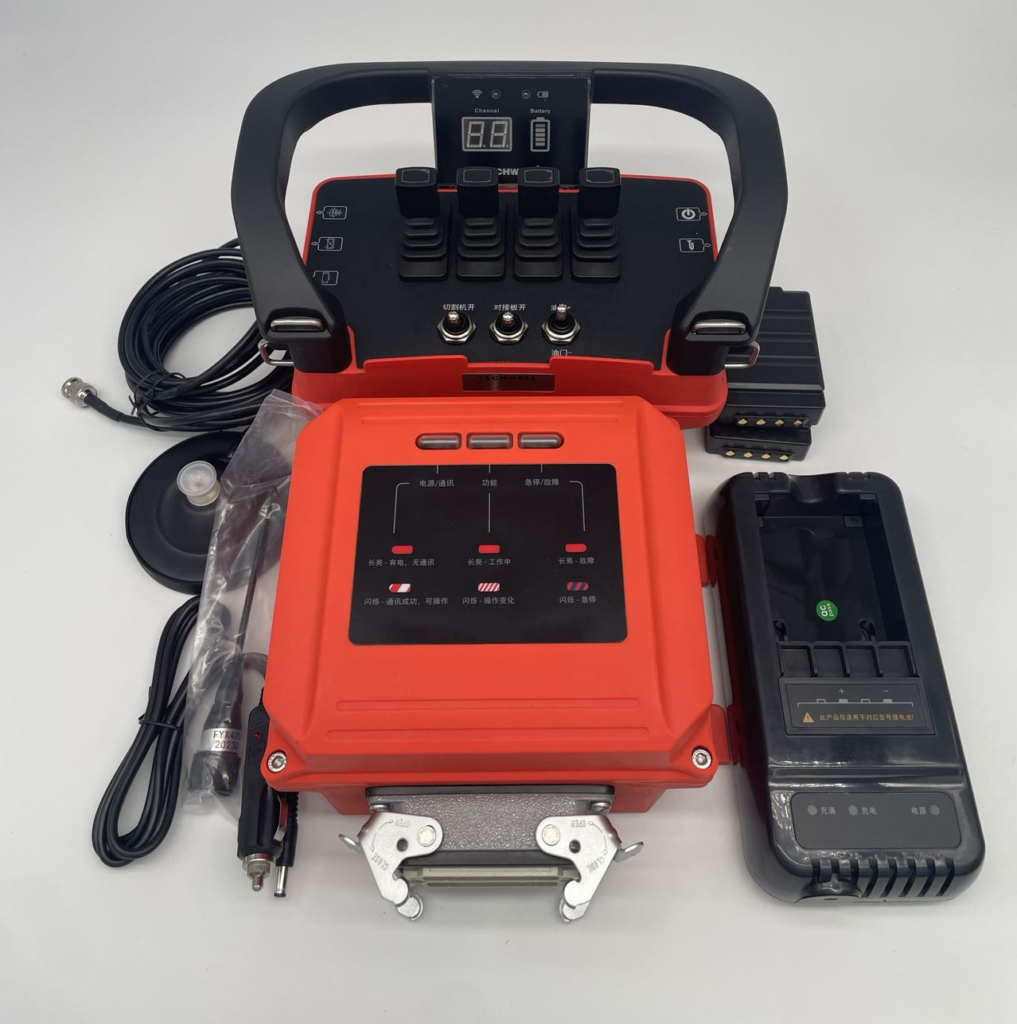Industrial Remote Control Manufacturer
Industrial Remote Control
Industrial remote control refers to the use of wireless communication technologies to remotely operate machinery, equipment, or systems within an industrial setting. Unlike traditional control methods that require physical interaction with control panels or wired connections, industrial remote controls allow operators to manage operations from a distance.
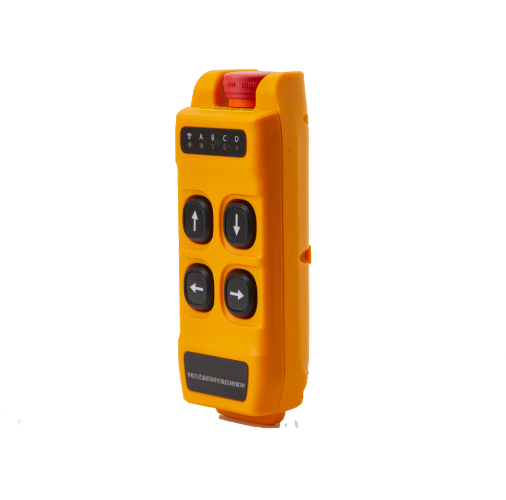
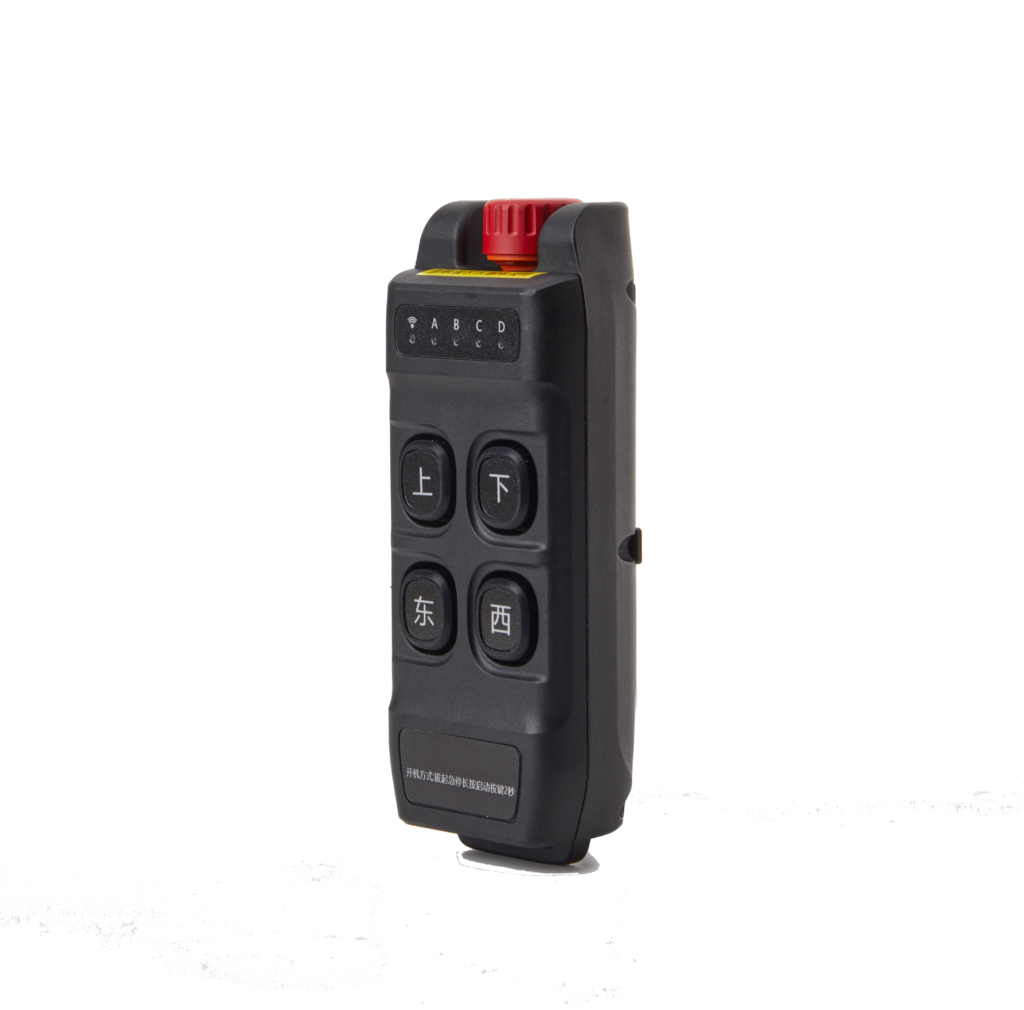




REQUEST A QUOTE FOR MORE DETAILS
All You Need To Know About Industrial Remote Control
Industrial remote controls have revolutionized the way we interact with machinery, offering a safer and more efficient means of operation. In industrial applications, this is a very reliable device.
Usually it combines with proportional load sensing valve to control the industrial equipments.
This article provides information about industrial remotes, including understanding its components, knowing what to consider when buying them, as well as identifying various classifications of ball valves. You can also check out what is a industrial radio remotes exactly in our blog post.

Advantages of Industrial Remote Control
Remote Operation
Allows operators to control machinery from a safe distance, reducing the risk of accidents.
Adaptability
Can be integrated into existing systems and adapted to control new devices as needs evolve.
Quick Response
Enables faster decision-making and immediate action, reducing the time to complete tasks.
Multi-Device Control
A single control unit can often operate multiple devices, streamlining the workflow.
Wide Range Applications
Can be used in various industrial settings, from manufacturing and construction to utilities and logistics.
Ease of Use
Modern industrial remote controls are designed to be intuitive, reducing the learning curve for operators.
Enhanced Safety
Especially useful in environments that are dangerous, such as chemical plants, mining operations, or high-temperature areas.
Cost Savings
Wireless systems often have fewer components that can wear out compared to traditional wired systems, reducing maintenance costs.
Customizability
Controls can often be customized to suit the specific needs and preferences of the operators.
What Are Industrial Remote Controls Used For?
Industrial remote control systems serve a multitude of purposes across various sectors, especially where ergonomics, reliability and safety are critical factors.
It is our mission to provide end-to-end product solutions, technologies and services in the field of wireless equipment control and machine communication, where reliability and safety are the key decisive factors. Providing you with solutions that will add value to your business while at the same time provide impeccable support when you need it is our utmost goal.
There is a wireless remote control system for every market or industry.
Below a selection of applications and examples of radio control solutions which can be seen by clicking on the respective category.
Industrial Remote Control Parts
Transmitter
This is the handheld device that sends signals to the receiver. It has buttons, switches, or joysticks for input.
Shoulder Strap
Provide convenience for clients to operate the industrial remote control.
Battery
Used to provide power supply to the unit.
Receiver
Installed on the equipment to be controlled, the receiver gets the signals from the transmitter and translates them into actions.
Antenna
Both the transmitter and receiver usually have antennas to improve the range and reliability of communication.
Battery Charger
For recharging the battery.
How It Works: The Science Behind the Magic
The mechanism of the valve works primarily like this.
- The operator uses the transmitter to send a specific command. This generates a corresponding signal.
- The signal is transmitted over a radio frequency, infrared, or other wireless means to the receiver.
- The receiver picks up the transmitted signal and sends it to the control unit for processing.
- The control unit processes the signal and translates it into a specific action.
- The control unit sends the appropriate commands to the machinery, executing the action.
- Some systems have sensors that send feedback to the operator, confirming that the action was performed or providing additional data.
Considerations When Buying Industrial Remote Control
#1 Compatibility
Machinery: Ensure the remote control is compatible with the machinery you intend to operate.
Software: If the remote control needs to integrate with existing software, verify compatibility.
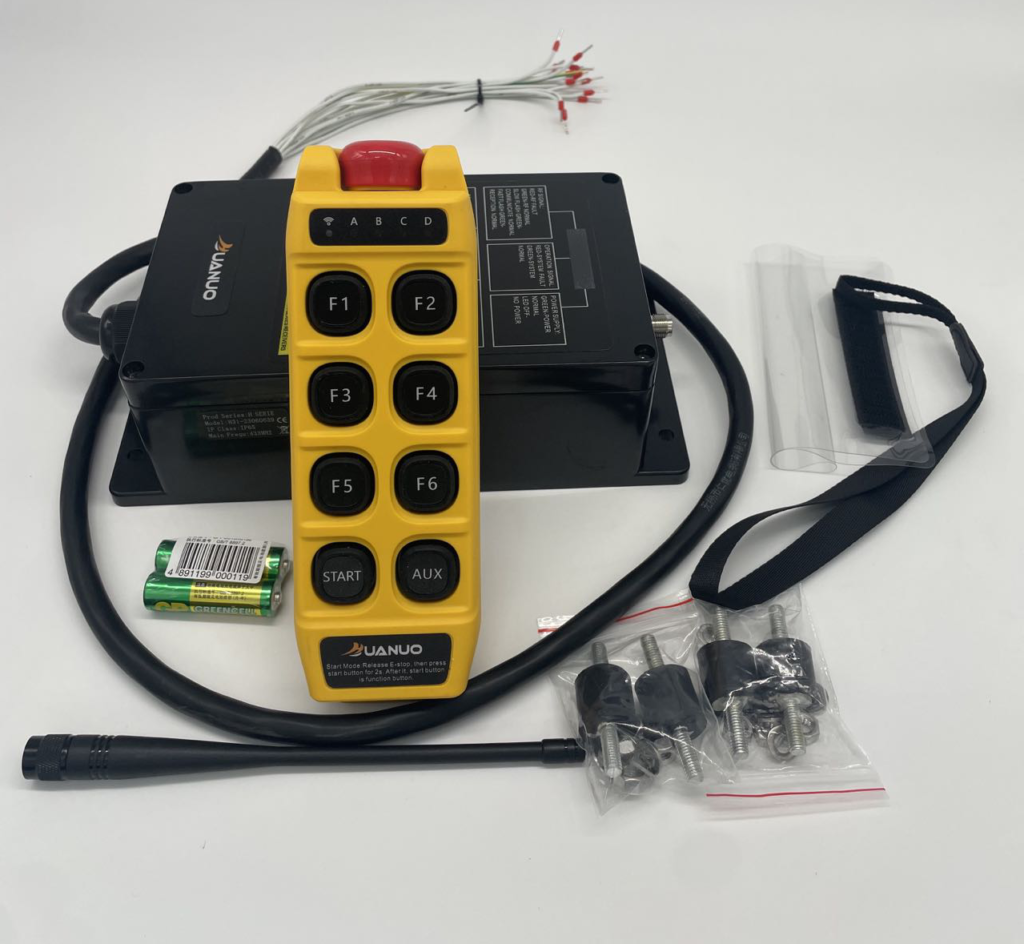
#2 Range
Distance: Check the operational range of the remote control.
Obstacles: Some remotes work better in environments with obstacles or interference.
#3 Safety Features
Emergency Stop: A must-have feature to immediately halt all operations for safety.
Fail-Safe Functions: In case of signal loss or battery failure, the system should default to a safe state.
#4 Power Supply
Battery Life: Longer battery life is generally preferred for continuous operations.
Power Indicators: Helpful for monitoring battery levels to prevent sudden power loss.
#5 Customization
Buttons and Switches: The number and types of controls should match your needs.
Software Customization: Some advanced remotes allow customization through software for specific tasks.
#6 Communication Protocol
Radio Frequency (RF): Ideal for long-range and penetration through obstacles.
#7 Certifications
Quality Standards: Look for remote controls that meet or exceed industry standards.
Regulatory Compliance: Ensure it complies with local and international regulations, especially if you’re importing.
#8 Durability and Environment
Material: Opt for durable materials that can withstand your operating environment.
Weather Resistance: If used outdoors, consider weather-resistant or waterproof models.
#9 Support and After-Sales Service
Warranty: A longer warranty period is generally better.
Technical Support: Ensure that adequate technical support is available.
Replacement Parts: Easy availability of replacement parts can be a lifesaver.
#10 Cost
Budget: Balance your needs with your budget. High-quality, feature-rich models will be more expensive but often worth the investment.
#11 Reviews and Recommendations
User Reviews: Check customer reviews for real-world insights.
Recommendations: Trusted recommendations from industry peers can be invaluable.
Spot Testing Video
What Are Our Clients Saying?
Don’t Just Take Our Word For It: Hear From Our Satisfied Customers.
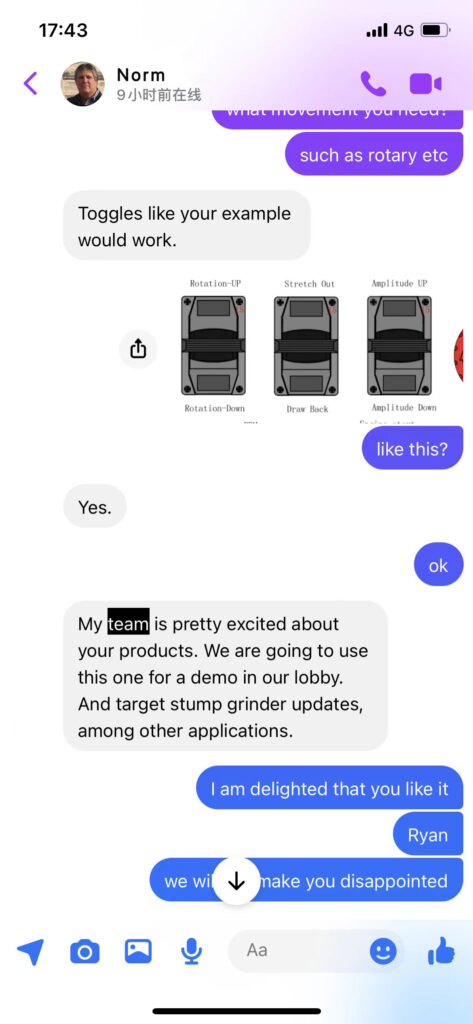

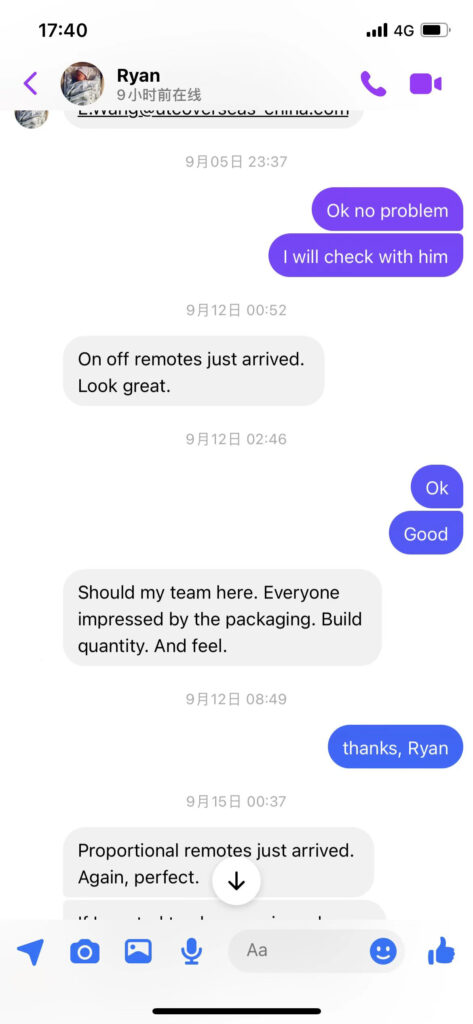
Customer Application

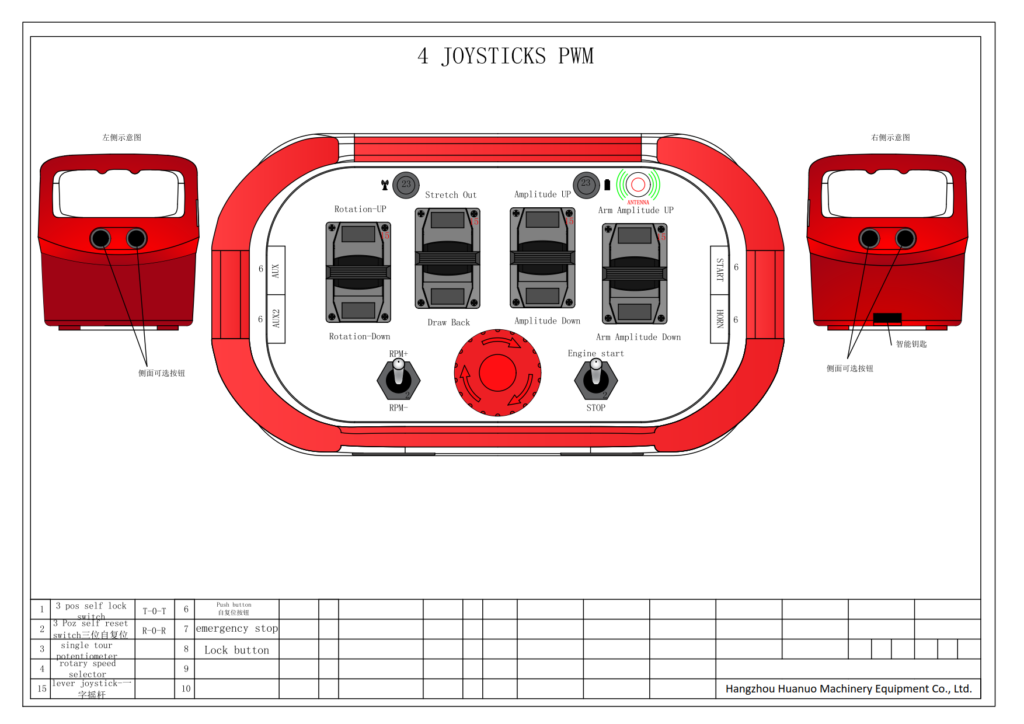
Request A Free Quote
We'd like to work with you
Send us a message if you have any questions or request a quote. Our experts will give you a reply within 24 hours and help you select the right component you want.
Mobile: +86-18006712375
Mail: eric@huanuohyd.com











